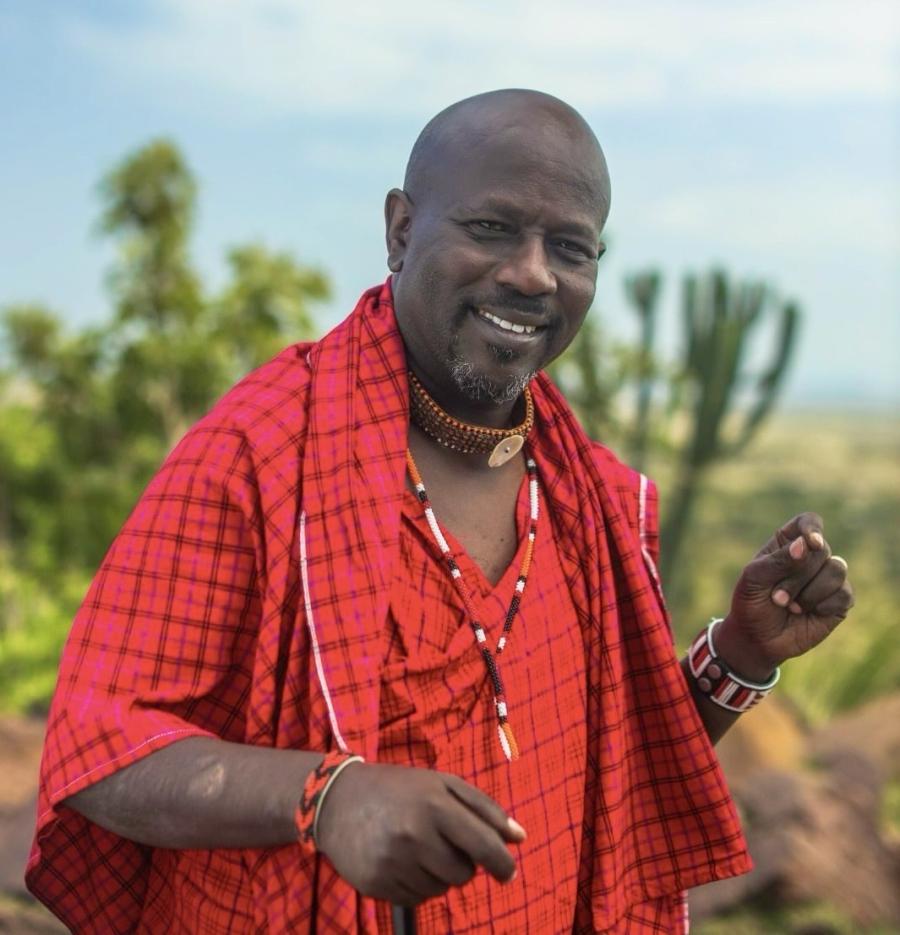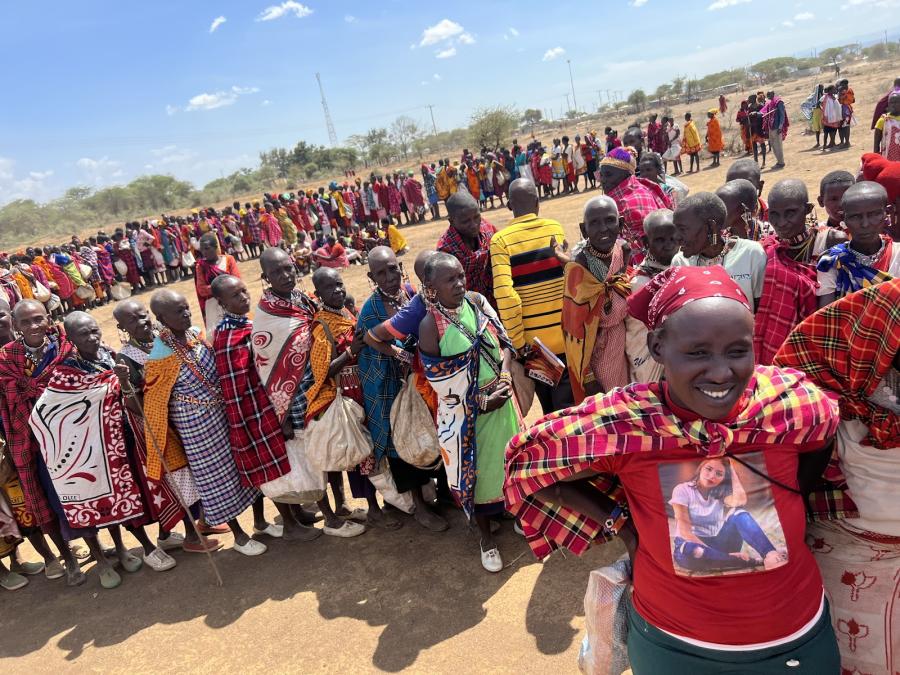The African Commission on Human and Peoples Rights, Africa’s highest human rights body, issued a landmark ruling February 4th in favor of the Endorois, an Indigenous group, that the Kenyan government forced off their land in the 1970s to create a game reserve. The decision establishes two key international law precedents. This is the first time any international human rights body recognized the “right to development" that is included in the African Charter on Human and Peoples Rights. It is also the first time the concept of Indigenous Peoples, and accompanying land rights, has been recognized in Africa. The commission found that Kenya failed to consult or adequately compensate the Endorois community and violated the African Charter. The commission called on Kenya to pay damages to the community for their losses.
Thirty years ago, the nomadic pastoralists Endorois, numbering approximately 60,000, were evicted from their ancestral lands around Lake Bogoria in the Rift Valley and from the Mochongoi forest on the Laikipia Plains in central Kenya for the establishment of game reserves and for ruby mining.
This decision will be seen by many as controversial as most African governments see all Africans as Indigenous and do not recognize special land rights of some. This ruling could have a ripple effect throughout the continent. However, like with any legal case, it still remains uncertain how the Kenyan government will implement the ruling.



